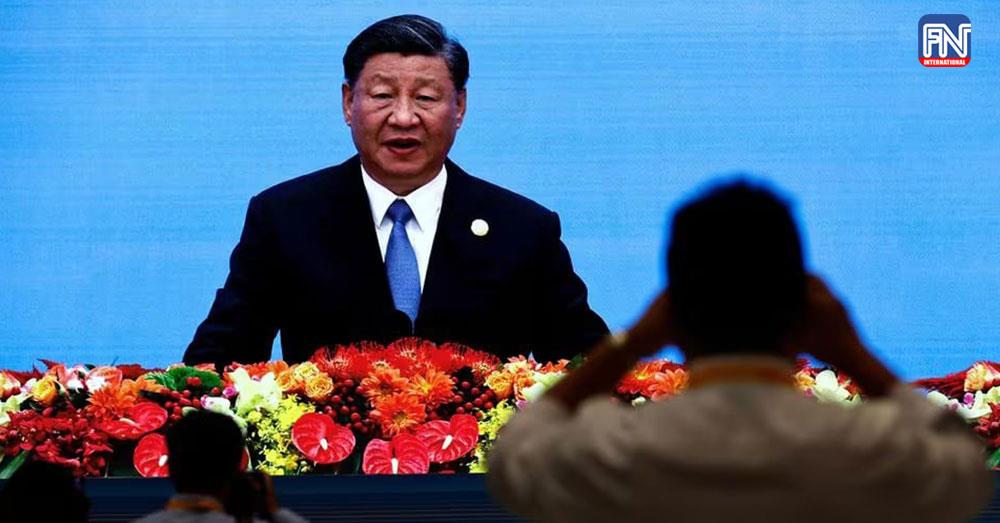HANOI, Dec. 11 (Reuters) - China and Vietnam are set to agree this week on upgraded rail links and other infrastructure, possibly including digital projects, officials said, in moves that would bring Hanoi closer to Beijing as great powers jostle for influence in Vietnam.
The announcements are expected during President Xi Jinping's visit to Hanoi from Tuesday, the first in six years to the Southeast Asian neighbour, and shortly after U.S. President Joe Biden travelled to the Vietnamese capital in September to strengthen bilateral ties.
China is ready to offer grants to Vietnam to boost the railway between Kunming and the Vietnamese port city of Haiphong, and other transport links from southern China to Hanoi, Vietnamese state paper Tuoi Tre reported, citing the Chinese ambassador to Vietnam Xiong Bo.
He said China was ready to provide "non-refundable aid" for these projects, the paper reported late on Sunday, in an offer that, if confirmed, would represent a major concession to a country that is traditionally loath of taking loans.
It is however unclear whether grants would come with loans and the share of both.
A sizeable offer of grants could also be perceived as a blow to the United States and other Western backers of infrastructure projects in Vietnam, who under a climate plan have offered mostly loans at market values to help Vietnam reduce its coal use.
The Kunming-Haiphong rail upgrade plan, which Reuters first reported earlier in December, passes through the region where Vietnam has its biggest rare earths mines, which it has so far been unable to exploit because of a lack of processing technology.
Vietnam is estimated to hold the world's second largest deposits of the strategic minerals which are at the moment crucial for electric vehicles and wind turbines.
China is by far the world's biggest producer and refiner of rare earths, but is unclear what deal could be reached on that, as Beijing is usually reluctant to share its refining technology and Hanoi largely prevents export of unprocessed rare earths.
Vietnam's foreign affairs ministry did not reply on Monday to a request for comment about the possible grants, but Prime Minister Pham Minh Chinh in November supported the upgrade of the Kunming-Haiphong rail.
DIGITAL SILK ROAD
China's ambassador also mentioned digital interconnections among the priorities to strengthen cooperation between the two countries, which are already enjoying booming economic exchanges.
"Both of our countries need to enhance interconnections on land, sea, air and on the internet," Xiong Bo was reported saying.
Diplomats, officials and Vietnamese experts said digital interconnections meant including Vietnam in Chinese plans for a Digital Silk Road, Beijing's flagship programme under the wider Belt and Road Initiative focussed on optical fibre cables, data centres and other telecoms infrastructure in friendly countries.
Additional submarine cables could be part of the discussion, one diplomat said, as Vietnam has experienced disruptions this year in its undersea digital infrastructure. Vietnam also plans to build a fully-fledged 5G network, an infrastructure in which China's telecom giant Huawei excels.
Vietnam's foreign ministry did not comment on Monday but President Vo Van Thuong at the Belt and Road forum in China in October urged to boost cooperation on digital infrastructure.
It is however unclear whether Vietnam is only paying lip service to that, as national security concerns tend to prevail on strategic projects, said Le Hong Hiep, a senior fellow at Singapore's Iseas–Yusof Ishak Institute, especially in the South China Sea, where Hanoi and Beijing disagree over borders.

Photo from Reuters